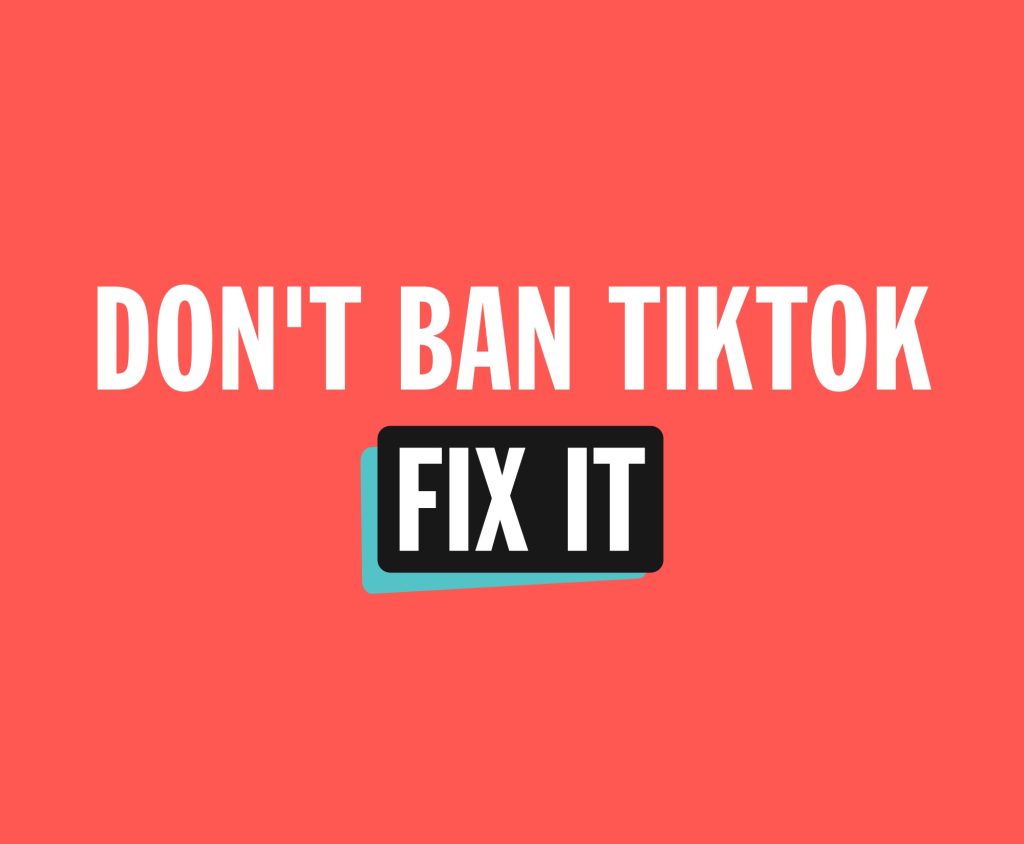Project Liberty’s recent announcement of its bid to acquire TikTok in the United States is more than a headline-grabbing initiative—it represents a bold shift toward rethinking the technical foundation of the digital world. At the heart of this proposal is a commitment to decentralized network architecture, powered by open-source protocols like DSNP (Decentralized Social Networking Protocol), with the goal of putting control of data and identity back in users’ hands.
What Does a Decentralized Social Network Actually Mean?
In today’s dominant platforms—TikTok, Meta, X—user data, content, and digital identities are stored and monetized centrally by corporations. This centralized model consolidates power and profit, often at the expense of privacy, transparency, and fair value distribution.
By contrast, a decentralized social network separates the user’s identity and content from the platform. Users retain ownership of their data and digital presence, often through decentralized storage or identity frameworks, such as personal data vaults or blockchain wallets. This architectural shift enables greater autonomy, portability, and resilience.
Core Technical Benefits of Decentralization
- Data and Identity Portability
Protocols like DSNP allow users to carry their profiles, connections, and content across multiple platforms—without being locked into a single company. This encourages interoperability and reduces platform monopolies. - Built-in Privacy and Security
Decentralized systems give users control over their data from the ground up. Instead of relying on opaque privacy settings or corporate goodwill, users manage access directly. Sensitive information can be encrypted and stored independently from platforms. - Transparent Moderation and Participatory Governance
Through mechanisms like DAOs (Decentralized Autonomous Organizations), decentralized platforms can implement content policies and governance models democratically, reducing top-down algorithmic control and opaque content curation. - Fair Creator Economies
Rather than relying on surveillance-based ad revenue, decentralized platforms can enable direct monetization via tokens, tipping, NFTs, or other blockchain-based rewards—ensuring creators are paid more fairly for their contributions. - Resilience Against Censorship and Outages
With no single point of failure, decentralized systems are inherently more robust against government censorship, service blackouts, or arbitrary content bans.
Why Now—and Why TikTok?
With TikTok under intense regulatory scrutiny in the U.S. due to national security and data privacy concerns, Project Liberty sees a unique window to fundamentally redesign the platform’s infrastructure, rather than simply change its ownership.
Frank McCourt’s proposal seeks to migrate TikTok onto a new architecture that prioritizes user agency, consent-based data use, and open innovation. This would make TikTok a pioneer in the shift from surveillance capitalism to people-powered platforms.
Real-World Use Cases of Decentralized Social Platforms
While still emerging, several decentralized social networking projects have gained traction:
- Lens Protocol – Built on Polygon, Lens allows users to own their profiles and social graphs, monetizing directly through NFTs and portable content.
- Farcaster – A decentralized protocol offering Twitter-like functionality while giving users control over their identity and data.
- Mastodon & ActivityPub – A federated social networking ecosystem that lets independently operated servers interconnect without a centralized gatekeeper.
- Solid – Initiated by web inventor Sir Tim Berners-Lee, this project enables users to manage their data in secure personal data pods.
Challenges Ahead: Scaling and UX
Despite their promise, decentralized platforms still face significant challenges in scalability, storage efficiency, and user experience. TikTok’s global scale, real-time video content, and algorithmic recommendation engine will require robust innovation to adapt to decentralized infrastructure without degrading performance.
However, Project Liberty’s coalition—backed by academic institutions like MIT, Stanford, and Georgetown, and supported by experts like Berners-Lee and David Clark—provides a credible foundation for tackling these technical hurdles.
Final Thoughts
Project Liberty’s bid to acquire TikTok could mark a turning point in the evolution of digital platforms. Rather than continuing to build on outdated, profit-first infrastructure, this initiative seeks to establish a new internet model where users control their data, participate in governance, and share in the value they help create.
If successful, this move could redefine what social media means in the 21st century—not just in terms of content or design, but in terms of technical ethics, data ownership, and democratic digital participation. The future of the internet may not be centralized—it may be cooperative, open-source, and user-first.

